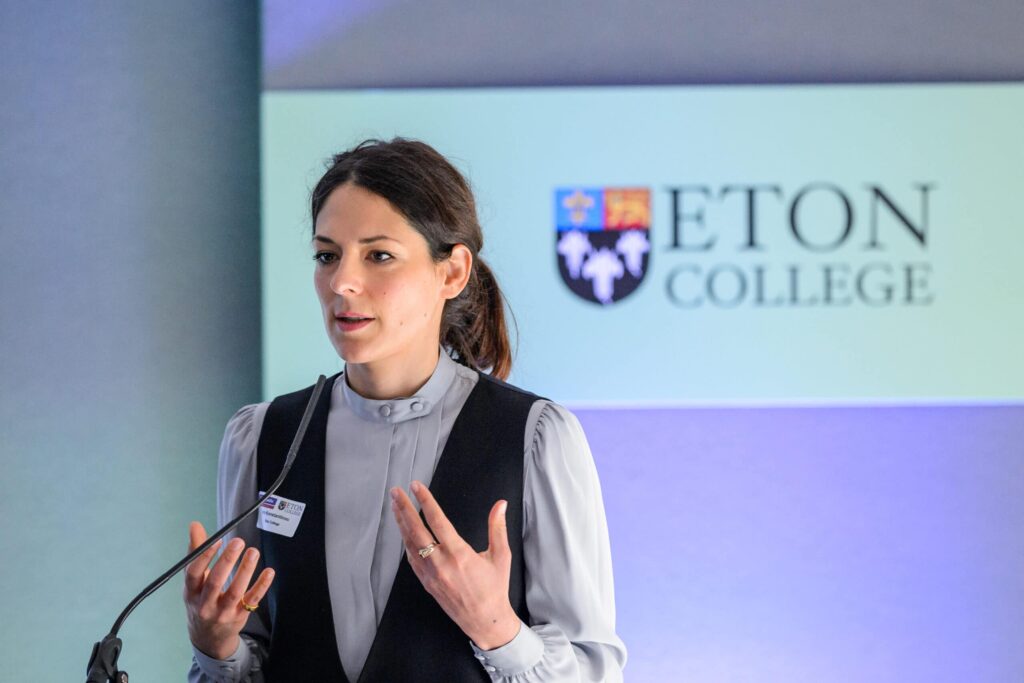Motivation in Second Language (L2) has been researched extensively in the last decades. Psychology has largely contributed to the findings and there is a new concept introduced in a book by Zoltán Dörnyei: Directed Motivational Current (DMC). The author argues that in order for someone to sustain their interest in L2 they need to have clear goals, which are achievable but are also renewed when the learner has achieved something. Once students experience DMC, psychological research suggests that this is when L2 learners gain the energy to carry on studying. DMCs can be so powerful as to extend to groups. DMCs, as the authors explain, are related to 3 goals:
- A learner’s long-term passions and interests, beliefs, and values;
- A learner’s learning capacities and other learning conditions;
- Emotional climate where learning takes place.
In order for DMCs to be triggered there needs to be a clear set of goals, a sense of ownership and control, perceived balance of challenges and skills, and openness to the learning experiences, alongside motivational conditions in the classroom. Another triggering stimulus might be an initial failure in L2, as this might motivate learners to invest more in their learning and set clear goals.
From the teacher’s perspective, they can contribute with:
- Setting subgoals;
- Making progress checks;
- Giving affirmative feedback.
When negative emotions overwhelm learners and there is tiredness, there needs to be abundant support from the teachers, by helping the learners set new goals and build a new vision for their learning.
In conclusion, ‘the authors argue that this long-term, sustained motivation drives L2 learners to aim for a clear personal goal, empowers them to override various distracting influences, and supports them in achieving something remarkable’ (Liu 2018).
Dörnyei, Z. 2016. Motivational currents in language learning. London: Routledge.
Liu, H. 2018. Motivational currents in language learning: Frameworks for focused interventions, Journal of Education for Teaching, 0(0): 1-2.




